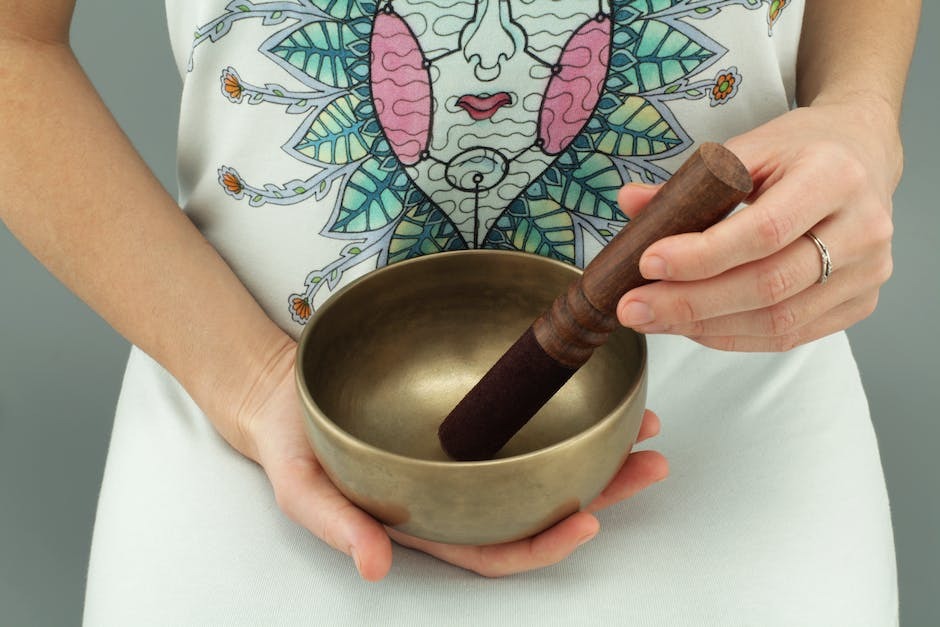
Sound therapy is a type of holistic treatment that uses sound, sonic vibrations, tones, and music for healing. Vibrations and tones can come from many sources, such as musical instruments and specialized tools. Some of these tools include singing bowls or tuning forks. It may seem strange to think that sounds and tones can help someone overcome addiction. However, when paired with other treatment methods, it's surprisingly effective.
Many mental health care facilities, like Pathways Wellness Center, utilize sound therapy. It's not just used to treat addiction, but also to improve overall health and well-being. Clients are invited to give sound therapy a try, as it's safe and requires no medications or medical oversight. It simply requires someone to sit or lie down and allow themselves to be guided through the experience.
Even those who are deaf or hard of hearing can benefit from sound therapy. Sound therapy is more about the vibrational frequency than the actual noise itself. These vibrations can be physically felt if made in close enough proximity to a person's body. It can even sometimes even be felt in your bones if the vibrations are at the right frequency. Regardless, having a frank discussion with a treatment provider can help you decide if sound therapy is right for you.
Nobody is ever thrown into a new treatment or therapy without having it explained to them first. A therapist will walk their client through what to expect from sound therapy. Sound therapy can be difficult for some, as it sometimes requires someone to lie down and close their eyes. It can take an immense amount of trust for someone to let themselves be vulnerable. Building trust and understanding with your therapist is essential for effective treatment.
Then, once the client is comfortable, the therapist begins the session by using tools like a singling bowl or a tuning fork. Singing bowls are the most used tool in sound therapy and make tonal noises when struck or rubbed around the rim with its mallet. Once the bowl is creating tones, it's passed over the body to allow the vibrations from the bowl to be felt. A client may be guided to focus on the tones and sound with their whole being. It's hearing the sound, feeling the vibration, and embracing feelings of relaxation as a form of meditation.
You may have also heard of sound therapy referred to as “sound massage.” Feeling the vibrations as a pleasant feeling on the skin and body is part of sound therapy, but it's not the only focus. The goal of sound therapy is to help the client fully relax, rejuvenate themselves, and feel well. This ability to rejuvenate is an important part of treatment, especially for conditions that are often exhausting on the self, such as addiction.
When people decide to enroll in addiction treatment, they often feel hopeless, lost, and tired. It can be exhausting, as a client must work hard to overcome perhaps one of the most difficult struggles of their life. For the health of the client, measures must be taken to help someone get the rest they need to get back into the fight. It's why Pathways Wellness Center uses sound therapy as a tool to help its clients rejuvenate themselves through their treatment.
Pain, insecurity, worry, trauma, and more are often unearthed from a person's psyche as the underlying cause of addiction. Facing them is tough and goes to show just how strong a person can be to fight so hard for their recovery. As with any long and intensive task, people need to rest to avoid burnout or other harmful effects.
Sound therapy helps people relax and de-stress, giving them the chance to get this rest. After a sound therapy session, many people feel as though they can tackle their problems once again with renewed vigor. These periods of rejuvenation and rest are vital for someone to complete their addiction treatment and achieve recovery. Sound therapy can even help those already in recovery stay in recovery by reducing the stress and worry that may cause a relapse.
If you would like to try sound therapy, contact your local mental health care facility. All facility websites have a contact section where you can get in touch with them. This is usually done through a phone call or email, but some facilities may have web chat features for asking quick questions. Once in contact, inquire if the facility offers sound therapy as part of their treatment plans.
Not all mental health care facilities offer sound therapy. If they don't, they may be able to point you to a place that will suit your needs. Some may even invite you to take a tour of their facility.
It's always been said that music can touch a person's spirit, but did you know it can be used in therapeutic ways? Sound therapy is a holistic therapy treatment that uses vibrations and sound to help someone relax and improve health. It can be used in several ways, all of which benefit the client in their journey of recovery. Here at Pathways Wellness Center in Glendora, California, we use sound therapy as part of our addiction treatment program. Our clients enjoy a wide range of engaging and wholesome therapies designed to help build their inner strength and find peace. If you or a loved one is struggling with addiction and its co-occurring mental health disorders, call today at (888) 771-0966.


